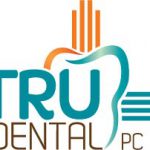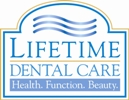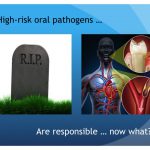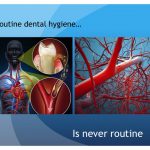
Dr. McGlennen: Tell me how do you use OralDNA® salivary diagnostics.
Rosie RDH: Let me begin by sharing; I have been very fortunate to work in practices that support my passion for treating periodontal disease. My patients have benefited through the communication, assessment and treatment I provide. I know there are hygienists who feel they are not supported in their efforts. In honor of dental hygiene month, my advice- stay strong, keep educating yourself on new technologies and keep as...
Read More









